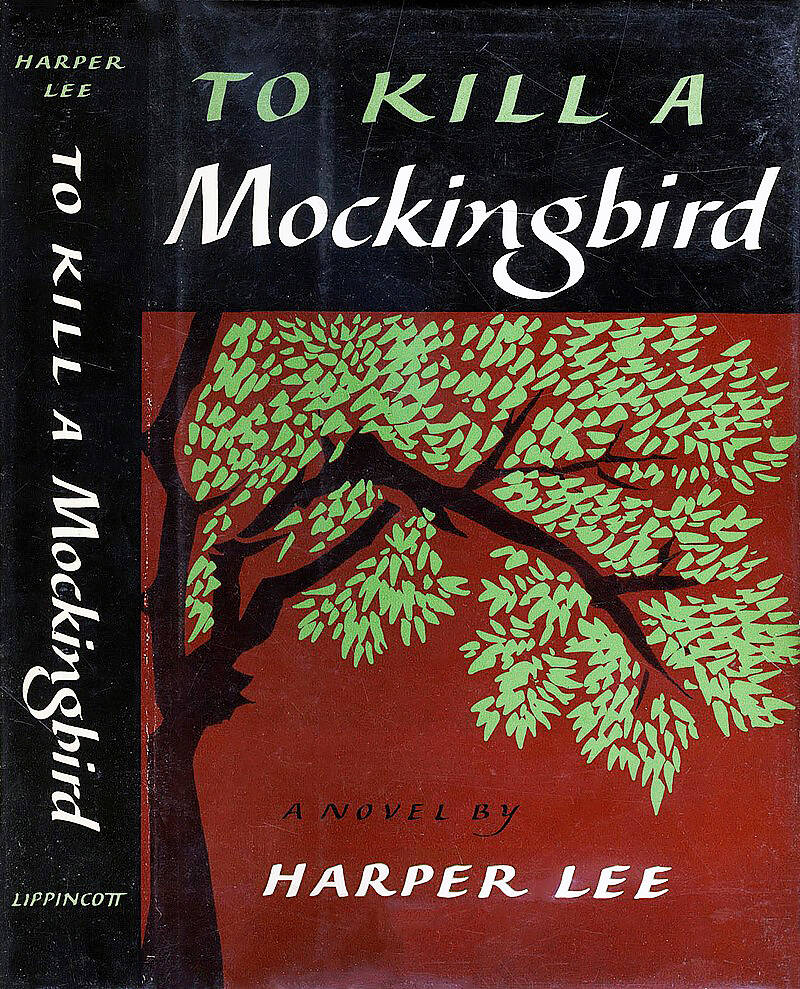By The Herald Editorial Board
When Harper Lee’s “To Kill a Mockingbird” was removed from curriculum by a public school board in Hanover County, Va., in 1966, because it was deemed “immoral” and “improper,” the Pulitzer Prize-winning novelist was caustic in her criticism of the decision in a letter to the board, attacking both the board and racial attitudes that persisted.
“Surely it is plain to the simplest intelligence that ‘To Kill a Mockingbird’ spells out in words of seldom more than two syllables a code of honor and conduct, Christian in its ethic, that is the heritage of all Southerners,” Lee wrote in her letter. “To hear that the novel is ‘immoral’ has made me count the years between now and 1984, for I have yet to come across a better example of double-think.”
“I feel, however,” she continued, “that the problem is one of illiteracy, not Marxism. Therefore I enclose a small contribution … that I hope will be used to enroll the Hanover County School Board in any first grade of its choice.”
More than 60 years since it was first published, “To Kill a Mockingbird” — which follows a young white girl, Scout, growing up in a 1930s Alabama town, against the backdrop of a trial where her father, Atticus Finch, defends an innocent Black man of rape — remains one of the more frequently challenged and too-often removed books from schools and libraries, joining other American classics such as Mark Twain’s “The Adventures of Huckleberry Finn,” John Steinbeck’s “Of Mice and Men,” J.D. Salinger’s “The Catcher in the Rye,” and even more contemporary works, including Alice Walker’s “The Color Purple.”
Over the decades of the novel’s use in schools and libraries, concerns for discomfort — on behalf of students but most commonly felt by adults — remain the justification for removal, although the seat of that discomfort has shifted since 1966.
Next Monday, the Mukilteo School Board is expected to decide the fate of “Mockingbird” as part of the required reading list for the district’s ninth-grade students. Three of the district’s high school English teachers requested the novel be reviewed by a district curriculum panel of 20 district staff and parents, raising concerns that the novel “celebrates white saviorhood,” “marginalizes characters of color” and “uses the ‘n’ word almost 50 times.”
Following its review, the district’s Instructional Materials Committee has recommended to the school board that “Mockingbird” be removed as required reading for ninth graders, but that it remain as an approved novel for teachers’ use in classrooms.
The concerns raised are not incorrect. That the novel frequently uses the racial slur — one that remains hurtful and ugly to this day — is undeniable, as are the other criticisms of marginalized Black characters who are not as fully developed as the book’s white characters and its lionizing focus on a crusading white lawyer. But separating out those aspects of Lee’s novel removes them from the book’s context and its condemnation — as Lee reiterated — of a Southern heritage and ethic that truthfully is less than Christian.
In 2018, when the public school district in Duluth, Minn., removed “Mockingbird” and “Huckleberry Finn” from classrooms, the National Coalition Against Censorship urged a broader view of both books.
“While it is understandable that a novel that repeatedly uses a highly offensive racial slur would generate discomfort among some parents and students, the problems of living in a society where racial tensions persist will not be resolved by banishing literary classics from the classroom,” the coalition wrote in a letter to the Duluth board. “On the contrary, the classroom is where the history, use and destructiveness of this language should be examined and discussed. It is there that the books’ complexities can be contextualized and their anti-racist message can be understood.”
For all of its risk of discomfort, “Mockingbird” and other challenged pieces of literature provide valuable opportunities for discussion, understanding and growth.
The district’s curriculum panel has sought a reasoned middle path, one that respects the concerns of parents, teachers and students, yet also recognizes the dangers of outright censorship. The real problem, however, lies not with the choice of books but with a “required reading” list that places too much expectation on one book for each grade level.
As ninth-graders are required to read “Mockingbird,” sophomores are assigned “Things Fall Apart” by Nigerian author Chinua Achebe; juniors, “Their Eyes Were Watching God” by Black author Zora Neale Hurston; and seniors, George Bernard Shaw’s “Pygmalion.”
As a collection, that’s an impressive and discussion-rousing reading list for high school students; one that adults would do well to add to their own nightstands. But rather than look for a substitute to replace “Mockingbird” — one that causes less discomfort yet still provokes thought — Mukilteo’s ninth-graders could be offered an alternative to Lee’s novel that would allow for classroom discussion and comparison of both novels and their use of language, character development and issues of race and society. The three teachers who sought removal of “Mockingbird” have suggested as a replacement, “All American Boys” by Brendan Kiely and Jason Reynolds, a 2015 novel about two teen friends, one Black and one white. Instead, it should be offered as a contrasting alternative.
The distinction of “classic” often is awarded to books that adults were expected to read when they were students. But a novel’s worth to today’s students should be something they determine, something they cannot do without having read it themselves.
Talk to us
> Give us your news tips.
> Send us a letter to the editor.
> More Herald contact information.

























